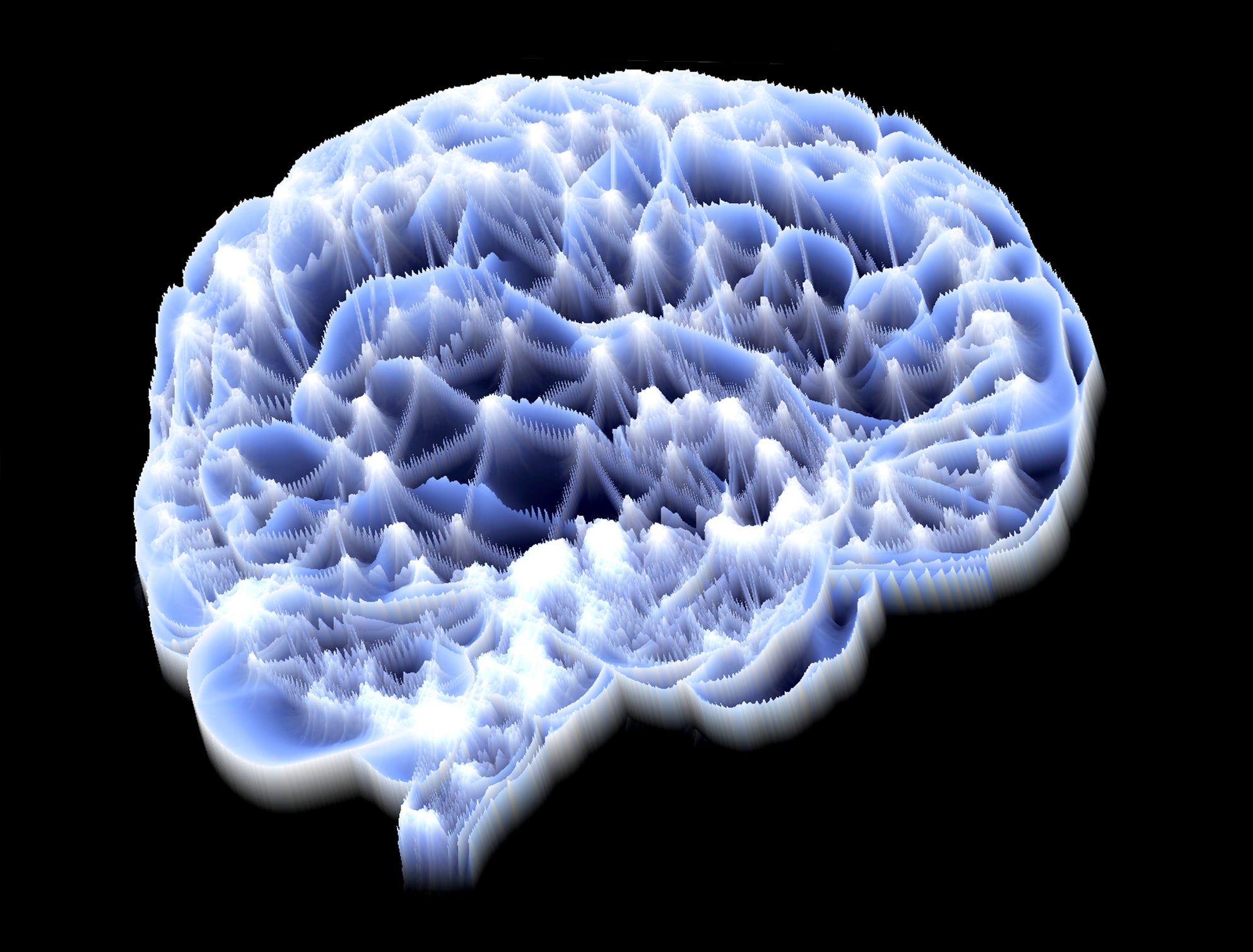New drug could offer first treatment for irreversible Huntington's disease
No treatment exists for the condition, which causes a toxic protein build up leading to loss of motor skills, brain degeneration and death

Your support helps us to tell the story
From reproductive rights to climate change to Big Tech, The Independent is on the ground when the story is developing. Whether it's investigating the financials of Elon Musk's pro-Trump PAC or producing our latest documentary, 'The A Word', which shines a light on the American women fighting for reproductive rights, we know how important it is to parse out the facts from the messaging.
At such a critical moment in US history, we need reporters on the ground. Your donation allows us to keep sending journalists to speak to both sides of the story.
The Independent is trusted by Americans across the entire political spectrum. And unlike many other quality news outlets, we choose not to lock Americans out of our reporting and analysis with paywalls. We believe quality journalism should be available to everyone, paid for by those who can afford it.
Your support makes all the difference.The unstoppable progression of the inherited disease Huntington’s could be slowed or even halted by an experimental new treatment which has proved “enormously successful” in early patient trials.
A trial led by researchers from University College London (UCL) has demonstrated for the first time that a treatment is capable of suppressing the genetic defect which causes toxic proteins to build up in the brain.
Huntington's sufferers currently face the deterioration of their motor skills, memory and eventually death.
Patients ultimately die from complications including pneumonia and heart failure.
Currently treatments only exist for the symptoms of Huntington’s, which usually begin to appear between the ages of 30 and 50, leading to their gradual decline over the next 10 to 25 years.
The company behind the drug, Ionis Pharmaceuticals, has licensed it to drugs giant Roche for $45m (£33m) and academics speculated that it could herald similar techniques to treat other neurological diseases, like Alzheimer’s.
Huntington’s sufferers carry a mutation in the huntingtin gene, which results in the production of a toxic form of the huntingtin protein that attacks the neurons making up the brain and nervous system.
The trial, involving 46 patients with the disease, saw a new experimental drug injected into the spinal fluid to silence the defective section of the genetic code which produces this toxic protein.
Patients were from the UK, Germany and Canada and roughly a quarter were given a placebo treatment.
The participants in the trial saw a drop in the levels of huntingtin in the nervous system and, crucially, the drug appeared to be safe without harmful side-effects for patients.
Roughly 10,000 people in the UK have Huntington's, and around 25,000 people have inherited a gene that means they are at risk of developing it later in life.
The trial’s lead investigators, Dr Sarah Tabrizi, professor of clinical neurology and director of UCL’s Huntington Centre, said: "The results of this trial are of ground-breaking importance for Huntington's disease patients and families.
“For the first time, a drug has lowered the level of the toxic disease-causing protein in the nervous system, and the drug was safe and well tolerated.
“The key now is to move quickly to a larger trial to test whether the drug slows disease progression".
Ionis Pharmaceuticals said the results would be presented at conferences and in a peer reviewed journal in the first half of 2018.
“We are encouraged by the performance of IONIS-HTTRx in the clinical study,” said Dr
He added that the treatment “substantially exceeded our expectations and we were equally encouraged by the safety profile of the drug".
Dr Philippa Brice, of the biomedical sciences think-tank PHG Foundation, said: “This is a potential game-changer, not only for Huntington's disease patients but also for genomic medicine in general.
"Though more work needs to be done, if gene silencing lives up to this promise we could be on the brink of some of the personalised treatments that patients with severe genetic diseases need so badly.
"But this will also raise further questions for society and for policy-makers about how best to use such a powerful technique.”
Join our commenting forum
Join thought-provoking conversations, follow other Independent readers and see their replies
Comments